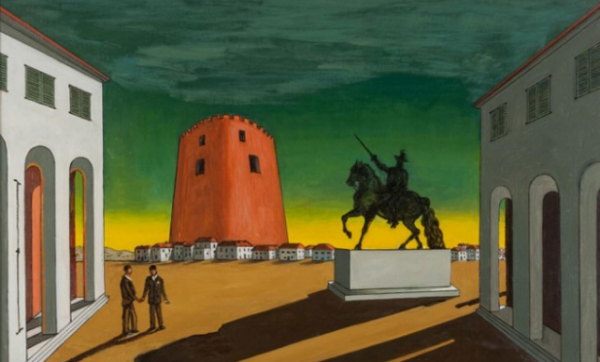Since millions of workers around the world are currently under quarantine, now is the perfect time for socialists to catch up on the classics of leftwing cinema. Here are four films for the lockdown that focus on themes of antifascism, labor, capitalism, and imperialism.
Read moreHackers and Slackers: Encounters with Science and Technology in Nineties Cinema
For cinema, the 1990s marked the era of special-effects blockbusters versus low-budget indies, many of which grappled with ideas about techno-optimism versus techno-cynicism. Despite being considered a cheesy decade for film, nineties cinema revealed profound social and political anxieties that stemmed from an era of globalization and cultural change precipitated by late capitalism and cutting-edge technology. For all the hopes that these new technologies were supposed to bring, nineties cinema exposed the skepticism and fears that lurked beneath the optimistic surface.
Read moreRevolutionary Reels: Soviet Propaganda Film and the Russian Revolution
From the 1917 Revolution to the death of Stalin in 1953, Soviet film propaganda evolved in both substance and form to reflect the changing political goals of the party. Soviet film propaganda, like the Communist Party that controlled it, went through three major periods during those years: the Revolution through the end of the New Economic Policy, Stalinization and modernization, and the Great Patriotic War years. To achieve their political goals, the Communist Party focused preserving the ideals of the Revolution, justifying Bolshevik leadership, uniting the people, promoting the politics of the cultural revolution, and justifying Stalin’s leadership and methods. Through the vivid power of film, great filmmakers promoted the changing policies of the Communist Party to audiences across Russia and throughout the world.
Read moreA Fight on Two Fronts: On Jean-Luc Godard’s “La Chinoise”
Godard's La Chinoise follows a group of communist students as they plan for revolutionary action and create a “socialist theater.” Godard drew heavily from German playwright Bertolt Brecht’s theory of “dialectical theater,” a method of political theater that forces the audience to engage with the ideas presented to them. At the same time, Godard drew upon the teachings of Chinese communist leader Mao Tse-Tung, whose ideas were discussed closely among French intellectuals during the 1960s. By merging Brechtian concepts with Maoist ideas, Godard sought to turn film into a revolutionary art form, and this goal is most fully realized in La Chinoise.
Read moreMust-See Films in Every Genred
Here is my list of must-see films from each genre, listed chronologically, from 1900–2000. For functional purposes, I have combined some film types/genres into one category. If a film is italicized, that means it is cross-listed. If a film is in bold, that means it is a personal favorite of mine. If it is not in bold, that does not necessarily mean I dislike the film—it simply means that it did not make it to my all-time favorites. This list is by no means comprehensive, but I tried to narrow it down to the classic films in each genre. Not all films are necessarily aesthetically “good,” but if they are important for the genre, then I included it.
Read more